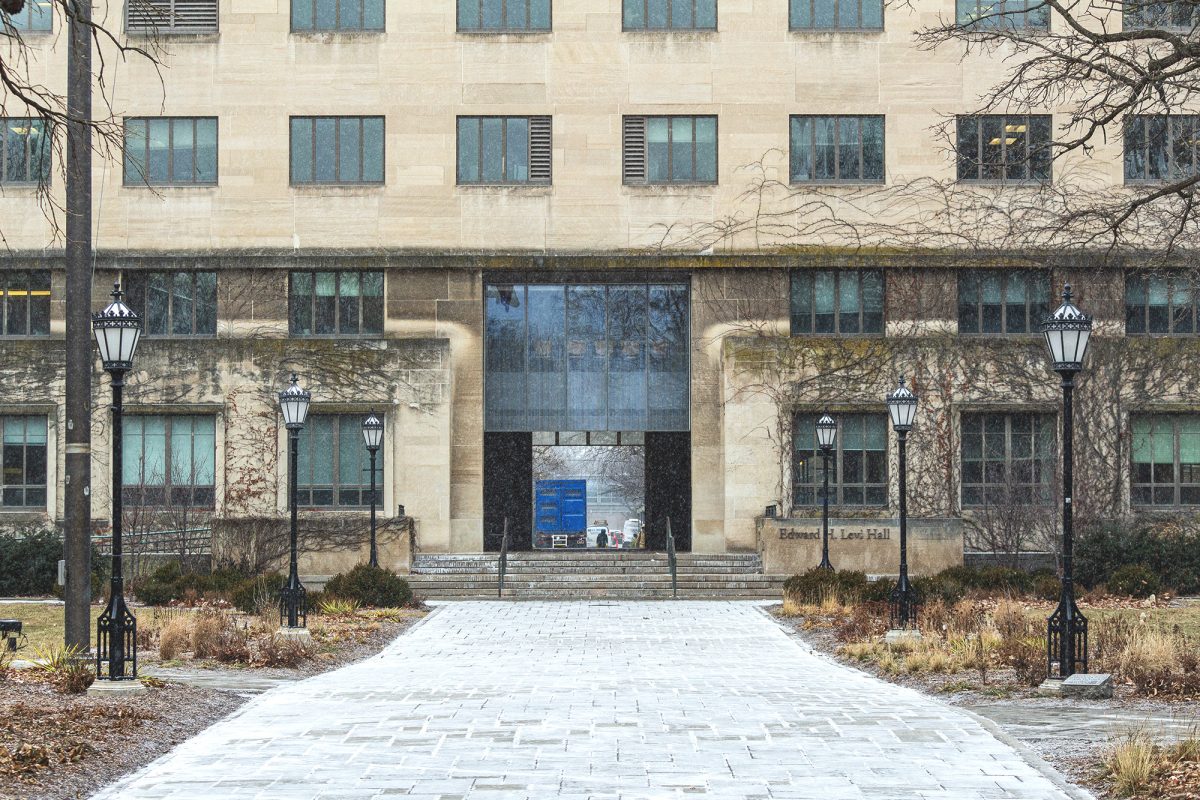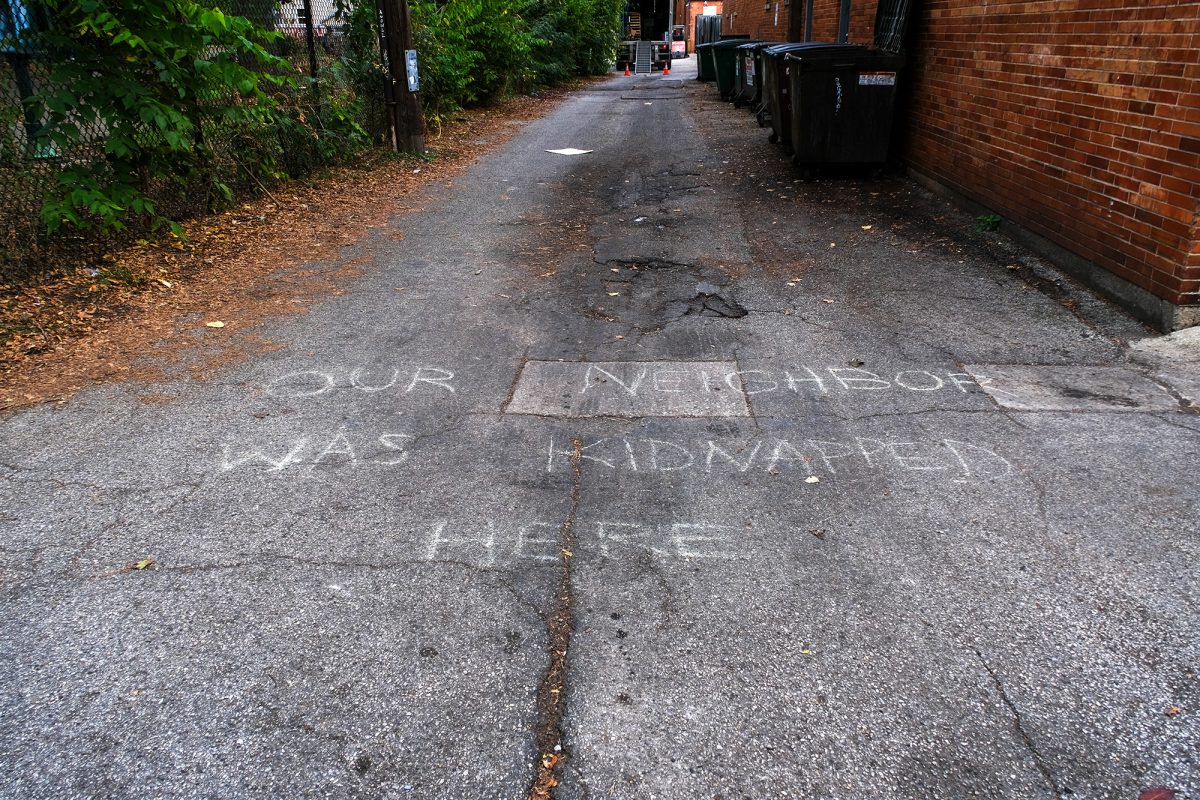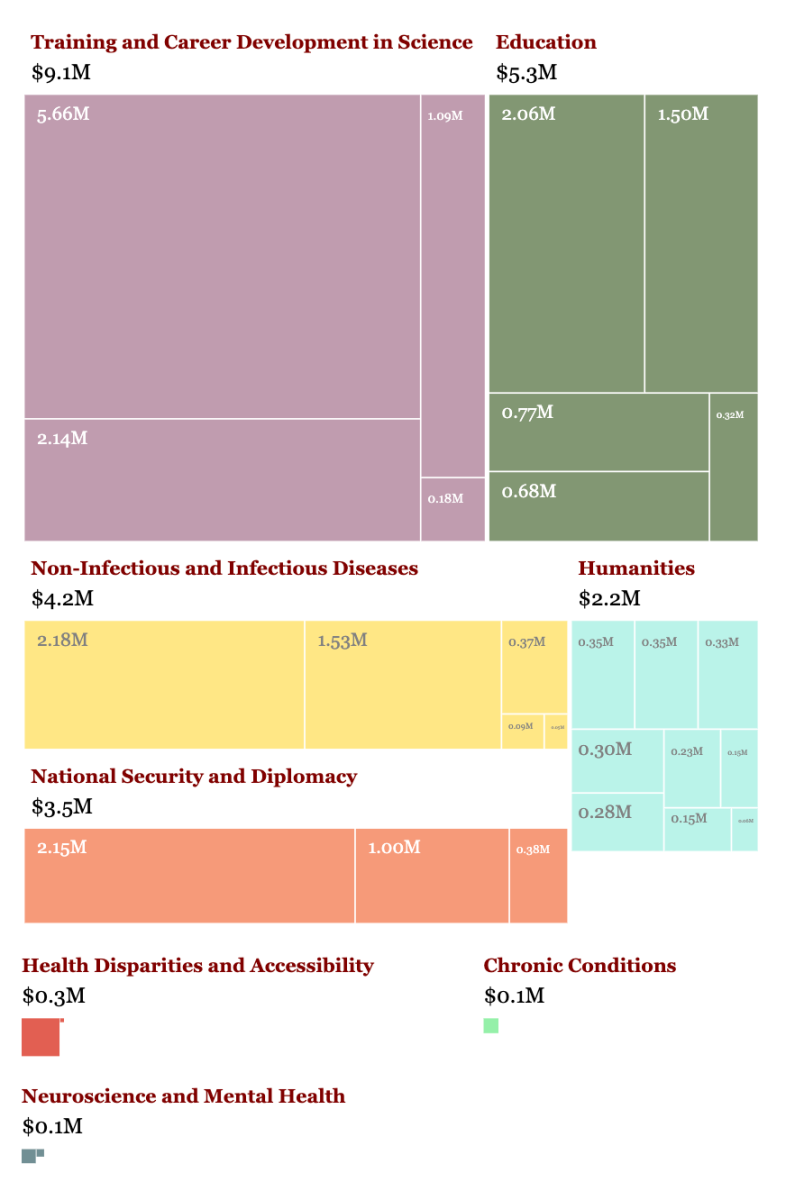Update, February 11, 2025, 7 p.m.: On February 10, after states presented evidence that the grant freeze had continued, District Judge McConnell issued another ruling ordering the White House to comply with the TRO and restore any funding that had been frozen. On February 11, a federal appeals court denied a Trump administration request for an administrative stay of McConnell’s TRO.
Update, February 1, 2025, 9 a.m.: On Friday, January 30, District Judge John McConnell granted a Temporary Restraining Order blocking the Trump administration’s grant freeze following a lawsuit filed by 23 states’ attorneys general.
Update, January 30, 2025, 7:50 p.m.: A second email from Provost Baicker sent Wednesday night told faculty “continue your research normally unless you’ve received direct communication otherwise from your funding agency.”
Update, January 29, 2025, 5:15 p.m.: A Wednesday OMB memo appeared to rescind Monday’s federal grant freeze, but the White House later contended that federal grants would still be frozen. Continuing coverage here.
The White House Office of Management and Budget (OMB) issued a two-page memo Monday night freezing federal grants, potentially restricting UChicago researchers’ access to hundreds of millions of dollars in funding. In an email sent to faculty Tuesday morning, University Provost Katherine Baicker asked researchers to “temporarily suspend” non-personnel spending related to federal grant projects.
A federal judge temporarily blocked most of the freeze Tuesday evening, just before it would have gone into effect. District Judge Loren AliKhan issued the administrative stay, which will expire Monday, following a lawsuit brought by the National Council of Nonprofits.
Separately, Illinois Attorney General Kwame Raoul, along with 22 other state attorneys general, filed suit against the Trump administration Tuesday afternoon, seeking an emergency temporary restraining order preventing the implementation of the OMB directive.
U.S. Department of Education spokesperson Madison Biedermann told the Maroon in a statement that the OMB memo would not affect Pell Grants or direct student loans.
“Title IV, HEA funds that are provided to individual students, such as Federal Pell Grants and Direct Loans, are not impacted by yesterday’s guidance,” the statement read. “The funding pause directed by the January 27, 2025, OMB memorandum only applies to discretionary grants at the Department of Education. These will be reviewed by Department leadership for alignment with Trump Administration priorities.”
The freeze on federal grants and loans is the new presidential administration’s latest move to dramatically reshape federal spending priorities. Immediately after taking office, President Trump also froze funding to foreign aid and “diversity, equity and inclusion” programs.
According to the vaguely worded OMB memo, the freeze would allow federal agencies to “identify and review all Federal financial assistance programs and supporting activities consistent with the President’s policies and requirements.” Programs inconsistent with the President’s agenda include funding for “foreign aid, nongovernmental organizations, DEI, woke gender ideology, and the green new deal.”
Baicker’s email to faculty read in part (retaining original formatting): “The entire University leadership and I are working urgently to understand the full impact of this memorandum on our research enterprise. As we do so, we are requesting that all University researchers working on federal grants temporarily suspend their non-personnel spending on federal grants as much as possible during this period of substantial uncertainty. For example, do not make any additional spending commitments, purchase new supplies or equipment, start new experiments, embark on funded travel, etc.”
“We must for now proceed under the assumption that grant expenditures incurred after today while this memorandum is in effect may not be covered by federal funding,” Baicker wrote.
Each year, the University receives hundreds of millions of dollars from federal programs and agencies, including the National Institutes of Health, National Science Foundation, Department of Energy, National Aeronautics and Space Administration, Office of Naval Research, Department of Justice, and Department of Education. The exact federal funding totals are not publicly available.
When asked for comment on the impact the freeze may have on University research, the University directed the Maroon to Baicker’s email.
Monica Peek, the Ellen H. Block Professor for Health Justice of Medicine at UChicago Pritzker School of Medicine, told the Maroon the freeze had broad implications for her colleagues’ research.
“Today, I had a colleague who was ready to submit something for reimbursement of a federal grant,” Peek said before the pause was announced. “So that purchase will just sit with his credit card until there’s further clarification about how to resolve this issue.”
“If we don’t have grant funds, we’re not able to do the research that results in breakthroughs for science, for medicine, [and] ultimately for patients,” Peek added.
OMB issued a second memo Tuesday afternoon clarifying that the freeze would not affect “any program that provides direct benefits to individuals,” including the Supplemental Nutrition Assistance Program, Medicare, and Social Security.
Additionally, “any payment required by law to be paid will be paid without interruption or delay,” the memo reads.
When asked for comment on the impact the freeze may have on hospital operations and Medicaid, a spokesperson for UChicago Medicine (UCM) referred the Maroon to the second OMB memo but declined to comment further on the potential impact to UCM operations or research.
State Medicaid programs are generally able to access their funding through the U.S. Department of Health and Human Services Payment Management Services (PMS) website, but many states reported issues accessing the portal throughout the day on Tuesday. Until around 7 p.m., a notice on the PMS website informed visitors that payment reviews may be delayed or rejected because of recent executive orders.
“Due to Executive Orders regarding potentially unallowable grant payments, PMS is taking additional measures to process payments. Reviews of applicable programs and payments will result in delays and/or rejections of payments,” the notice read.
In their lawsuit against the pause, the attorneys general highlighted the impacts that a freeze on federal grant access would have on a variety of services, including those pertaining to healthcare and research at institutions of higher education.
“States likewise rely on federal funds to maintain vital programs for their residents, including Medicaid, the single largest federal funding stream to the States—over $600 billion in funding in Fiscal Year 2023 designated for reimbursing the States’ cost of providing healthcare to their poorest residents,” the lawsuit reads. “State institutions of higher education also receive billions of dollars in grants, not including direct student aid, that fund essential research in every conceivable area of study.”
In a press release accompanying the lawsuit, Raoul said that “OMB’s policy violates the Constitution and the Administrative Procedure Act by imposing a government-wide stop to spending without any regard for the laws and regulations that govern each source of federal funding.”
U.S. Representative Jonathan Jackson (D-Ill.), whose district encompasses UChicago’s campus, shared a statement with the Maroon “denouncing the Trump administration’s unprecedented and unlawful directive to halt the distribution of billions of dollars in federal funding approved by Congress.”
UChicago Law administrative law professor Jennifer Nou told the Maroon it is not uncommon for OMB to conduct extensive federal funding reviews in new administrations, but that the Trump administration’s memo was “striking [in] explicitly couching this in terms of presidential political priorities.”
“One of the memo’s main problems is that it just sweeps too broadly,” Nou said. “There is a good chance that [Judge AliKhan’s administrative stay] will eventually result in a permanent injunction.”
According to Nou, the memo will likely face constitutional challenges, particularly on grounds of illegal impoundment as defined by the Impoundment Control Act (ICA). Passed in 1974 to restrain then-President Richard Nixon, the ICA generally prevents presidents from withholding funds for political reasons without a specific, congressionally approved proposal.
Trump’s campaign agenda challenged the ICA and outlined a plan to use impoundment “to Cut Waste, Stop Inflation, and Crush the Deep State.”
The National Science Foundation, whose investments account for 25 percent of federal funding for research at U.S. universities, did not respond to a request for comment.
A spokesperson for the UChicago-administered Argonne National Laboratory referred the Maroon to the Department of Energy, which oversees the program. The Department of Energy did not respond to a request for comment.
UChicago’s Marine Biological Laboratory at Woods Hole, the Woods Hole Oceanographic Institute, and the National Marine Fisheries Service, which oversees research at Woods Hole, did not respond to requests for comment.
The White House declined to comment to the Maroon on the effects of the memo on federal funding for universities.
Despite significant confusion regarding the memo’s effects among news organizations and the professors and lawyers with whom the Maroon spoke, White House Press Secretary Karoline Leavitt said during a press conference that there was “only uncertainty [in] the media. There’s no uncertainty in [the White House]” about the memo’s meaning.
Anushree Vashist contributed reporting.
| Unchanged: |
|
| Unchanged: |
|
| Unchanged: |
|
| Unchanged: |




















James Wallace / Jan 30, 2025 at 11:15 am
Biden was throwing money from the windows on his way out to fund Democratic desires and crippling the next President’s ability to restrain spending. Democrats knew what President Trump wanted to do going forward.
“one of the greatest dangers to America’s solvency in recent years has come not from Congress but from the presidency. Though the Constitution gives the legislative branch the power of the purse, Congress has granted the president vast discretion to increase spending at a whim. Former President Joe Biden took unprecedented advantage of those powers and pushed them further than even Congress imagined. President Trump and Congress should rein them in again.
The Constitution says that “No money shall be drawn from the Treasury, but in Consequence of Appropriations made by Law.” But now the Treasury and the administrative bureaucracy have transformed from agents of Congress, merely dispersing funds, to effective legislatures deciding what to appropriate. These executive spending programs will keep costing taxpayer trillions unless they are stopped. To save the government from a future fiscal crisis, the old constitutional order should be restored.”
Matthew G. Andersson, '96, Booth MBA / Jan 29, 2025 at 6:36 pm
It is instructive that the University of Chicago provost is reacting to, rather than anticipating, constraints or qualifications in federal finance. Signaling active cooperation with new political policy, rather than passive resistance, would likely be more effective leadership via risk management and fiduciary obligations to the university. Moreover, more importantly, neither the provost nor the larger executive office has prioritized research projects in hard terms, nearly all of which are discretionary, or non-comforming in financial payback criteria. That is, most university research isn’t research, but faculty program cost and institutional subsidization. One administrative priority otherwise remains biosecurity, commercial profiteering, and compliance with private foundations that are aligned with foreign and defense interests, regardless of regulatory status. Readers may wish to see “Everything a University Does Can Be Done in Half the Time For Half the Cost,” 22 January 2025, Minding the Campus/National Association of Scholars.
alum / Jan 29, 2025 at 12:34 pm
Go woke go broke!!
The anti-woke / Jan 29, 2025 at 12:13 pm
Good.
Lisa McKinsey, A.B. '06 / Jan 29, 2025 at 10:10 am
“Programs inconsistent with the President’s agenda include funding for “…DEI, woke gender ideology…”
Praise be!
Alivisatos, Baicker, and their woke-addled comrades lacked the spine to dismantle the DEI bureaucracy themselves. Now they are being dragged, kicking and screaming, to do what should have been done ages ago—just as I foretold.
Shut it down. Eradicate the wokelican infestation. Purge the two-faced, anti-white cronyists from their offices forthwith.
No more pigment sinecures.
No more insipid, self-fellating, woketifa-inspired ideologues.
Until the university’s apparatchik learns its place, no more funding!!!
This calls for a full audit of every department.
I encourage all members of the university community to do their part and report instances of woke dogma to Trump’s administration. That is the only way the filth that is woke dogma can be cleansed from this place.
This is MAGA country. This is MAGA time.